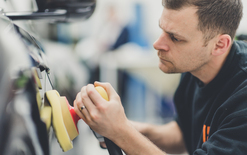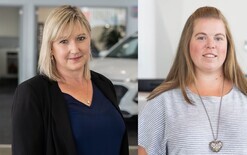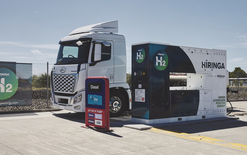Nissan CEO blasts Aussie EV support
Nissan Australia CEO Richard Emery has lashed out at the Australian government over it’s support of EVs and electric infrastructure, describing his dealings with the industry as ‘amateur hour’. The Nissan Leaf is Australia’s best-selling EV, based on volume. “My attitude is the government, not just politicians, but government bureaucracy doesn’t understand our industry or the complexity of opportunity for them to influence how people buy cars, the age of our car park, the efficiency of our car park – they take a very shallow view,” Emery told Australian online magazine CarAdvice at a vehicle launch. “Ours is a complex business, with huge corporations globally, that works with governments around the world. It’s somewhat amateur hour when our industry deals with the government on industry matters.” Emery’s frustration with the government stems from a sharp downturn in the electric market. Sales for EVs, including the Leaf, the BMW i3 and the Mitsubishi iMiev, stalled last year as drivers turned to hybrids such as the Toyota Camry. Just 220 EVs were registered in Australia in 2016, well down on 2015, when 942 EVs were sold, according to the Federal Chamber of Automotive Industries (VCAI). Meanwhile, sales in New Zealand continue to climb, up to 1,513 last year. As well as flagging government support, range anxiety has been a key factor in sluggish EV sales. Australia’s electrical infrastructure lags behind New Zealand, which plans to roll out over 250 EV chargers across the country in the future, with ChargeNet, BMW, The Warehouse, Tesla, regional councils and other businesses pledging their hand in development. Australia currently has 38 dedicated charging stations installed according to website Plugshare, mostly along the east coast in Queensland, New South Wales, ACT, and Victoria, with 12 chargers in Perth and a single charger in Adelaide. Comparatively, New Zealand has 62 charging stations across the country, serving a much smaller geographical area and less than a quarter of Australia’s population.





